Field Notes
Science New Wave XVII
Saturday, October 19 @ 8:30pm
Works in Progress / Views into Process
Tickets
DCTV's Firehouse Cinema
Science New Wave XVII
Saturday, October 19 @ 8:30pm
Works in Progress / Views into Process
Tickets
DCTV's Firehouse Cinema
In partnership with DCTV, we're excited to present the third edition of Science New Wave Field Notes, an exclusive glimpse into the production process followed by a reception.
How does an intrepid film make its way, through jungles of images, seas of sound, and often years of conceptualizing and production, to the screen? In partnership with DCTV, we're excited to present Science New Wave Field Notes, an exclusive glimpse into the production process with a few of our favorite filmmakers, and even scientists working with video.
How does an intrepid film make its way, through jungles of images, seas of sound, and often years of conceptualizing and production, to the screen? In partnership with DCTV, we're excited to present Science New Wave Field Notes, an exclusive glimpse into the production process with a few of our favorite filmmakers, and even scientists working with video.
Featuring
Paige Melisande LeComer
Conversations Between Ideology, Science, and Phenomenology
At the intersection of the sciences and cinema is the reckoning of ideology and philosophy itself. To present the sciences in a filmwork or tell a narrative about the sciences acts inherently as a presentation of philosophy—the inescapable core to science. Is to approach philosophy in cinema then the potential to approach closer proximity to a true science in cinema? In my team's short film, TO SILHOUETTE PRIORI, these conversations between science and philosophy come into being in a neurophysiology lab specializing in the insula and anterior cingulate cortex.
At the intersection of the sciences and cinema is the reckoning of ideology and philosophy itself. To present the sciences in a filmwork or tell a narrative about the sciences acts inherently as a presentation of philosophy—the inescapable core to science. Is to approach philosophy in cinema then the potential to approach closer proximity to a true science in cinema? In my team's short film, TO SILHOUETTE PRIORI, these conversations between science and philosophy come into being in a neurophysiology lab specializing in the insula and anterior cingulate cortex.

Patrick Hough
Landscapes of Shame
Landscapes of Shame is an experimental documentary-fiction travelogue across Ireland, examining the impact of British colonisation on Irish culture, mythology, and ecology. Central to the film is Cromwell’s 1649 invasion of Ireland which accelerated the decimation of native forests and led to the extinction of the Irish Grey Wolf - an integral part of Irish ecology, culture, and mythology, perceived as symbolic of the untamed spirit of Ireland. The film links these impacts to personal and collective shame (a feature common to colonised nations) framing it against our current era of climate crisis, species extinction and far-right politics.
Landscapes of Shame is an experimental documentary-fiction travelogue across Ireland, examining the impact of British colonisation on Irish culture, mythology, and ecology. Central to the film is Cromwell’s 1649 invasion of Ireland which accelerated the decimation of native forests and led to the extinction of the Irish Grey Wolf - an integral part of Irish ecology, culture, and mythology, perceived as symbolic of the untamed spirit of Ireland. The film links these impacts to personal and collective shame (a feature common to colonised nations) framing it against our current era of climate crisis, species extinction and far-right politics.
Sharon Shattuck
Milky Seas: Uncertainty and Storytelling
The documentary film The Milky Seas chronicles the pursuit of a rare and spectacular form of ocean bioluminesce never before captured on camera. After an intensive two week shoot in Indonesia in which we didn't find a milky sea (but we DID capture lots of incredible unscripted moments), we're back home examining the footage, putting together a story outline, and asking ourselves: what is our plan B if nature doesn't cooperate in the next year? In this short talk we'll dive into uncertainty in documentary filmmaking -- and how to make a compelling story no matter what.
The documentary film The Milky Seas chronicles the pursuit of a rare and spectacular form of ocean bioluminesce never before captured on camera. After an intensive two week shoot in Indonesia in which we didn't find a milky sea (but we DID capture lots of incredible unscripted moments), we're back home examining the footage, putting together a story outline, and asking ourselves: what is our plan B if nature doesn't cooperate in the next year? In this short talk we'll dive into uncertainty in documentary filmmaking -- and how to make a compelling story no matter what.
Jean-Jacques Martinod
Kemza
A reflexive cinematic study of the multifaceted nature of swamps as transformational bioregional entities and exploring their mythological, political, and cultural interlacing within specific socioeconomic (sur)regions. Through interviews with scientists, amateur entomologists, activists, poets, thinkers, oral storytellers, and the voices of the swamps themselves, a symphony of intertwined narratives is conjured. The film focuses on distinct swamps, each representing a unique yet analogous imaginarium of our age while submerged within the vibrant ecosystem of the wetlands, witnessing our lost futures and also the expansive possibilities for worldbuilding.
A reflexive cinematic study of the multifaceted nature of swamps as transformational bioregional entities and exploring their mythological, political, and cultural interlacing within specific socioeconomic (sur)regions. Through interviews with scientists, amateur entomologists, activists, poets, thinkers, oral storytellers, and the voices of the swamps themselves, a symphony of intertwined narratives is conjured. The film focuses on distinct swamps, each representing a unique yet analogous imaginarium of our age while submerged within the vibrant ecosystem of the wetlands, witnessing our lost futures and also the expansive possibilities for worldbuilding.
Shanti Avirgan
Thomas Allen Harris
My Mom, The Scientist is a personal and poetic film about the filmmaker Thomas Allen Harris' mother, Rudean Leinaeng - a chemistry professor and activist who taught and researched at Bronx Community College for 30 years. Born in the Bronx in 1937, Rudean was part of the first generation of Black scientists who were able to access jobs and opportunities that the Civil Rights movement opened up in the United States. In this Field Notes talk, Thomas and producer Shanti Avirgan share a mid-stream reflection on how the filmmaking process has surfaced hidden figures and fractured archives as well as questions about paths not taken.
Jiayu Yang
The Wax Worm Project
In a humble worm farm in Southern China, a filmmaker retraces her family's decades-long relations with wax worms. Often deemed pests due to their diet of beehives, wax worms nevertheless show promise in solving farm pollution and plastic waste. In working with the wax worms, the film and the family embark on a transformative entomological quest.
In a humble worm farm in Southern China, a filmmaker retraces her family's decades-long relations with wax worms. Often deemed pests due to their diet of beehives, wax worms nevertheless show promise in solving farm pollution and plastic waste. In working with the wax worms, the film and the family embark on a transformative entomological quest.
How are artists, scientists, and educators working together to create singular narratives? The boundaries between scientific data and cinema magic are dissolving. Similar to developing organisms, science films are emerging with new traits and new forms. The Science New Wave is born.

